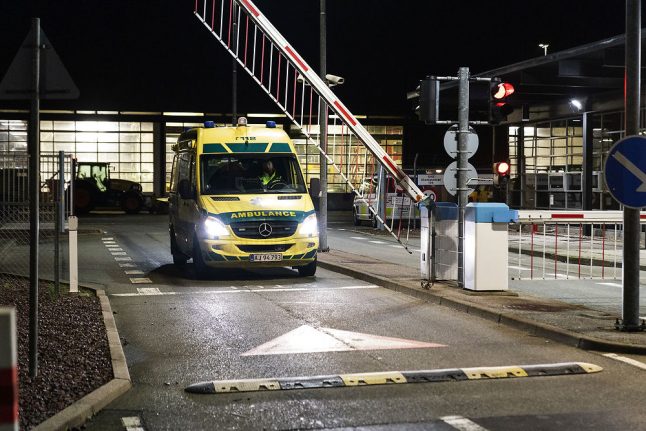All of the Danish nationals who returned from Hubei province on Friday and Sunday have tested negative for new coronavirus, the Ministry of Health said in a statement.
The tests were conducted by national infectious disease centre SSI.
“All have been tested as negative by experts at SSI. Based on the precautionary approach applied by the health authorities, the returnees will continue to be monitored, so the risk assessment level will not yet be downgraded,” health minister Magnus Heunicke said in the statement.
A total of 15 people were flown to Roskilde Airport during the weekend after being extracted from China.
11 of the 15 are Danish nationals. Three are from other Nordic countries and were transported onwards, while one was involved in transporting security equipment for the foreign ministry during the repatriation and wore protective equipment throughout, according to the ministry press statement. As such, 11 Danes tested negative for coronavirus.
Coronavirus was first detected in December in the Wuhan metropolitan area of Hubei, central China. Over 17,000 people have so far been infected and more than 360 have died from the disease.
Cases have been confirmed in other countries, including France, Germany and Sweden. One death – in Hong Kong – has occurred outside of mainland China.
On Tuesday, Scandinavian airline SAS announced that it is cancelling all departures to and from China for the remainder of February due to the virus.



 Please whitelist us to continue reading.
Please whitelist us to continue reading.
Member comments